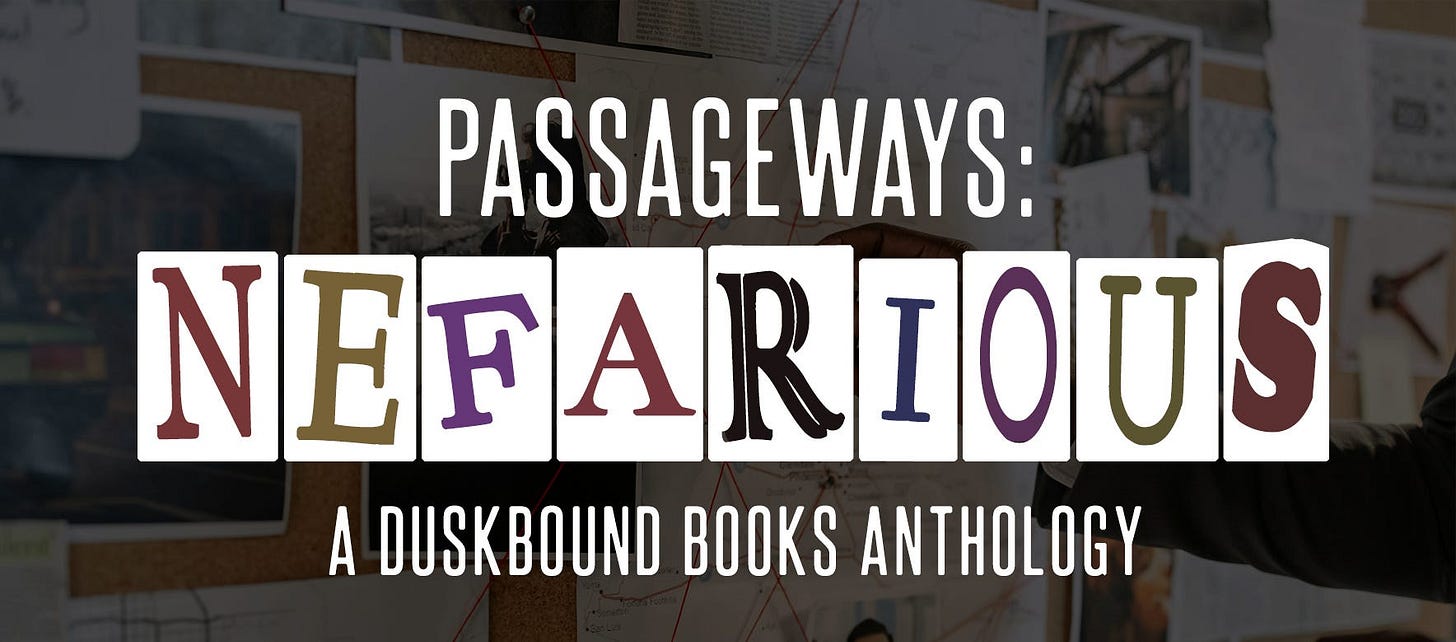Managing Expectations as an Indie/Self-Pub Author
by Mike X Welch
Like many other self- or indie-published authors, I have a day job. My day job is as an IT Technician…y’know, the guy at your work who tells you to “put in a ticket” when you stop him in the breakroom to ask why your laptop is doing the annoying thing it’s doing. Yup, that’s me. And, like your local IT Tech, the answer to many of the questions I’m going to pose in this article is…it depends.
Let’s assume you’ve done the near impossible and you’ve managed to get a book published – be it a collection of short stories or a novella or a full-blown novel. You’re self-published via Kindle Direct, Ingram, D2D, or published under the banner of a small indie publisher. Doesn’t matter. We won’t concentrate on how to get there…because that’s another series of articles that someone smarter than me will have to pen. No, we want to talk now about what to do in the immediate aftermath of your book going live...the sense of hope and terror of it toddling out into the big scary world.
First of all, take a deep breath and then congratulate yourself. I don’t care if it sells two copies or two million copies—putting art out into the world is a herculean task that requires drive, determination, and diligence the likes of which few people have. You’ve done something you once thought impossible, or at the very least improbable. Good job! So…now what?
Now comes the era of the marketing department. Aside from the name that I’ve given to the voices in my head, the marketing department is the most important thing in your life as a newly published author.
Wrong: “How are you today?”
“I’m good, thanks for asking!”
Right: “How are you today?”
“Fantastic! I just published my first book this weekend! Do you like romantasy?”
(Bonus points if you can ask a non-yes/no question there.)
Marketing your book will be everything. The social media platform you previously used to connect to people you graduated high school with? Marketing tool. What are you doing this weekend? I’m speaking at my local Library about my book! If everyone in your breakroom at work doesn’t know about your book, they should. The reason you just sent a direct message to a guy you dated for three months in high school? To ask him to buy your book, naturally.
Okay…so we’ve established that the marketing department has now set up shop in your brain. What’s next? Managing your expectations.
Right off the bat, asking someone to manage their expectations sounds suspiciously like telling them to brace for failure. At least it does to the most pessimistic of us. But in reality it simply means that you’re going to be only partially responsible for your success or failure. There are a myriad of factors that can result in your book landing with a thud. There are a strikingly few that can be responsible for it taking off like a rocket. Among these are: The cover. The blurb on the back cover. How many reviews it’s gotten. Who reviewed it, what their follower count looks like, and on which platform it’s reviewed. What the economy in your state/country/planet looks like at the time of publication. Does there happen to be a worldwide pandemic going on? Is the world shifting away from being interested in the genre you chose to write in and pivoting to something else? Are we in a recession?
If it feels like most of those things are outside of your control…that means you’re paying attention. It’s impossible to predict what is or isn’t going to go viral, and possibly even harder to position yourself to make it happen. One of our Duskbound Books principals calls going viral “catching lightning,” and she’s absolutely right.
So what is in your control? The cover, certainly, plus the content of the book itself, and the quality of the product. Professionally edited? Good for you. Paid extra for the cover art? Excellent. Formatted professionally? Well done. What’s your marketing budget? Do I hear crickets in here?
Your job is to promote the book, but you definitely cannot force people to be interested in it or actually buy it. And you can absolutely throw money at marketing using anything from social media ads to employing actual marketing professionals. Your mileage will definitely vary when it comes to these things. There are a lot of stats about the success/failure rates of self- or indie-/small press-published books—I will leave some links below that give far more data than I could ever cram into an article. At the end of the day, can you honestly say that you did your best, didn’t scrimp, didn’t cut corners, and didn’t take the easy way out about any aspect of your book? If the answer is yes, then you’ve done what’s within your control. The marketplace doesn’t decide whether you’re a talented author or not, and sales are absolutely not the best tool for determining your own self-worth. If you can look in the mirror and say you did your best with a straight face, then you’ve accomplished all you can. Get back to the grindstone. After all, you’re a writer.
(If you only read one of these articles, make it the one above)
Passageways: Nefarious—a crime fiction-focused anthology—is open for submissions.
Submission Window: January 31 - March 31 2025
Genre: Crime Fiction. We are seeking literary partners in fictional crime for our next anthology, Passageways: Nefarious. From action packed heists to suspenseful whodunits, we want stories that explore the criminal element. Not your usual genre? No worries. As long as crime provides the bones of your story, we don't care if its wrapped in a noir, horror, mystery, fantasy, or sci-fi skin.
Title: Passageways: Nefarious
Wordcount: 7,000 MAX
Firmly enforced.
Formatting: Word or Google Doc. Double-spaced. Include your story title, pen name, story elevator pitch, word count, and email at the beginning of the document.
Available Story Slots: 25 stories will be included in the anthology.
Submission Cap: 50 entrants
Once 50 entries have been received, the submission window will close.
Number of submissions per person: 1 story
Story must not have been previously published.
Submission Fee: Free
Royalties/Compensation: All profits generated will be donated to The Little Free Library charity. Upon request, we provide quarterly sales statements to show how many books we've sold and how much will be donated.
Rights: Participants keep the rights to their work. After a period of 1-year from the publication date, entrants may publish their short stories with other outlets.




